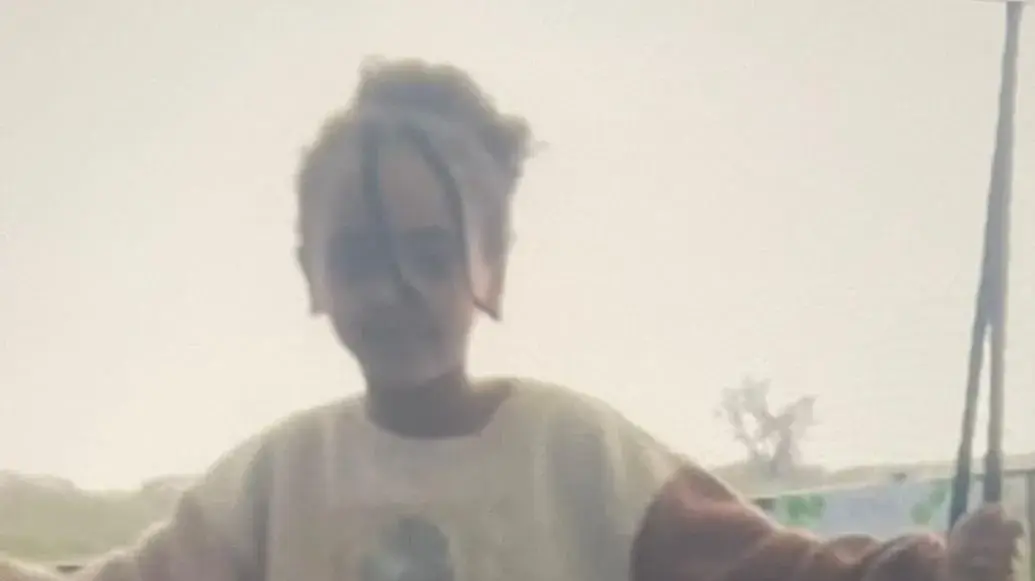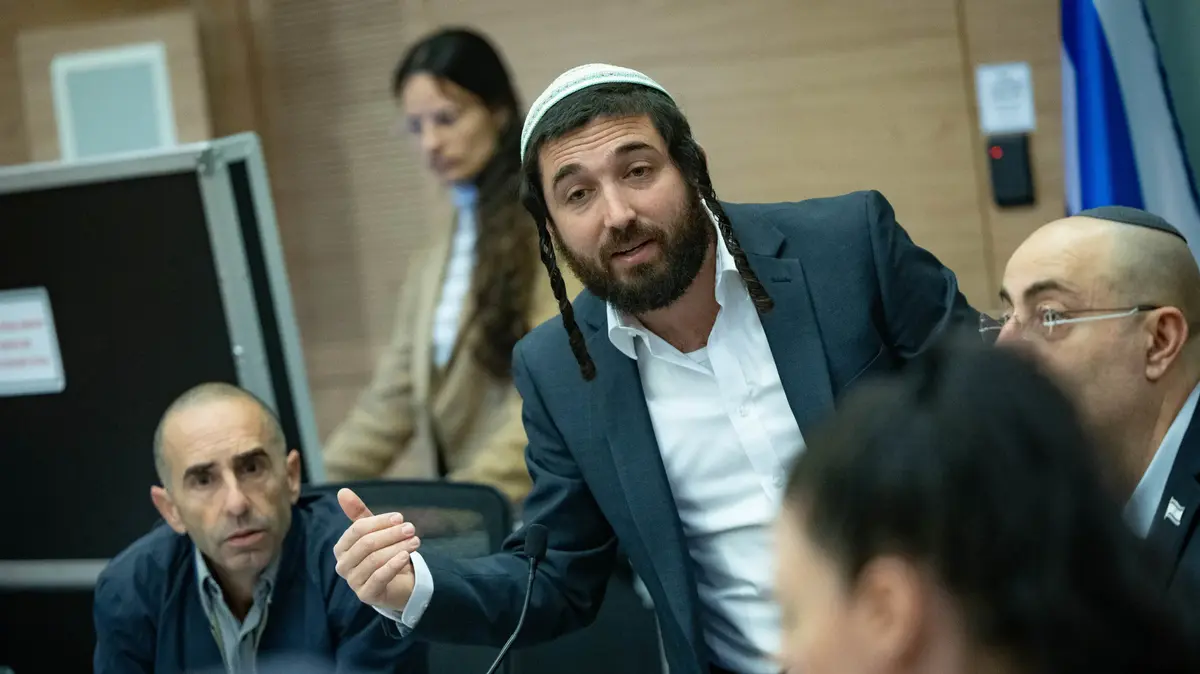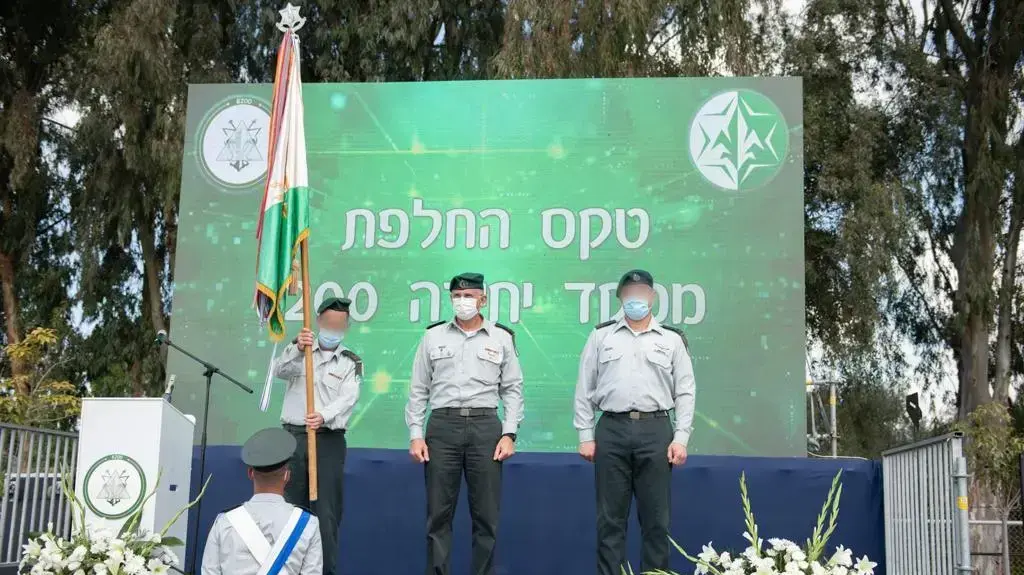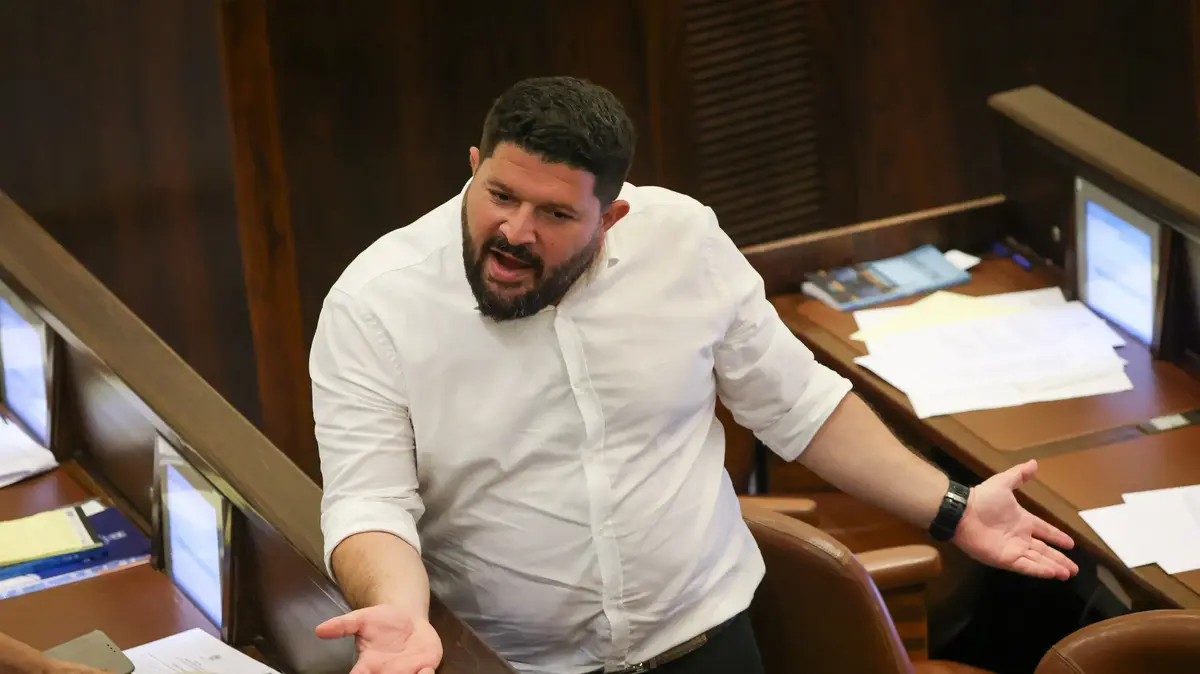Unit 81 is behind many technological measures that helped Israel's security • Among the developments: a special device used by Eli Cohen • View the extraordinary inventions
One of the best-known stories about the late Israeli Mossad agent Eli Cohen dealt with a camera that hung around his neck. , Which was first exposed on the IDF website.
Using a small device, a few centimeters in size, many secret agents - including the spy Eli Cohen - managed to transfer documents to Israel.
The device would plant them in a negative of a 1 mm image, and when the innocent image arrived in the country - they would enlarge it in the unit and get the large amount of information inside it.
Behind this revolutionary development stands Unit 81, whose work was published only this year - when it succeeded in producing soul machines to reinforce hospitals during the Corona period.
But its contribution to national security and saving lives did not really begin until 2020, when a global epidemic raged - in fact, since the establishment of the state, it has been a partner in most security crossroads, developing significant technological means for the security community.
Development of soul machines in Unit 81 // Archive photo: IDF Spokesman
The unit, which consists of soldiers, permanent personnel and civilians, stores a huge pool of knowledge of all kinds.
"There are experts here in almost all academic disciplines," says a senior member of the unit, "from chemistry, physics and mechanics, to everything that can be found in the fields of engineering - so there is no challenge that we can not solve."
What's so innovative about a camera phone?
The 81 elite units in the army and the intelligence community are facing 81, with particularly complex and seemingly unsolvable problems.
To explain how she manages to help in situations that seem unanswered, the source chooses to quote a statement made by the unit's founder, the late Avraham Arnan - who signed, among other things, the establishment of the General Staff patrol and who was its first commander: "Knowledge, desire and dedication will make the impossible possible." .
The law, which has meanwhile become too significant a part of the unit's DNA, distills its essence: over the years many successes have been woven into it, such as those that preceded technology by several decades.
Among the amusing ones, is the first camera phone.
Yes, yes - a phone with a camera.
By 2021, almost every one of us has at least two or three cameras on the back of the phone.
But it turns out that the unit had someone who had thought of this idea a few decades earlier, when he implanted a hidden camera in enemies' cellular devices - in favor of gathering secret intelligence.
"Long before countries thought it was an easy and effective option, we had already implanted such. It was so innovative that no one momentarily suspected our agents," the senior official explains.
The rapid connections between the many professionals create a microcosm of progress.
It often happens, such as the camera on the mobile phone, that the capability developed in the classified laboratories of 81 has become a key tool in the battle, one that no battlefield would be complete without: "We developed the first operational drone here as early as 1968 in the battle against Egypt.
We were the first to take gliders and attach a camera to them - try to see where the capability is today. "
In fact, about a year after the Six Day War, a serious intelligence gap arose in locating the Egyptian defense's air defense system, and the need arose to document the place without endangering the lives of fighter pilots. Installed on motorized gliders.The photography capability, revealed in the unit, has proven itself in a string of operational successes.
The road that began the operational drone in the laboratories of Unit 81, he finished at the forefront of the technological stage. Together with IAI, the same glider armed with a camera that crossed the Egyptian lines of defense in '68, made Israel a world power in drones, with jaw-dropping capabilities .
Israeli James Bond
81 was established near the establishment of the state, and is still considered the most decorated unit in the IDF, with 37 Israel Security Awards. One of the last honors it received was on Tzuk Eitan, during which it answered a necessary need that contributed greatly to the operation. Part of a long list of products - that will probably never be revealed.
Among the early products the unit released, there was a medium identified with many James Bond films.
But it turns out that there is a real version of the hidden ink - which is able to convey messages without leaving a visible mark, and that only with special lighting can the text be diluted.
The technology they have developed has made it possible to overcome many problems in the transmission of encrypted documents, by means of engraving that is created while writing as well as creating spaces between words as a solution for hiding cryptography.
Cyber before the internet
As mentioned, 81 does not miss a single pitch - in any need that arises, it is committed to being at the forefront of the technological and operational stage.
Also in the cyber arena, which in recent years has begun to play a major role in the various systems and BAMB, the award-winning unit's handprint was present from the beginning. Like drones, it was the first to set up a cyber squad (for intelligence purposes).
Then, in the late 1980s, cybercriminals were still called "software people" who engaged in "data transmission networks" - the name of the space in which they worked before the Internet was invented.
"The first cyber operation was in 1988, when cyber was still in its infancy around the world," the source admits.
Based on the first models created in 1981, the capability was born, which later passed into the hands of the intelligence department and the security community - and today is considered a world power.
So how do you curate 70 years of developments that cross the line of imagination?
Recently, a special heritage room was built in the unit that contains its rich archive, and provides an impressive source of knowledge to its present servants.
These take care to frequent the room, and draw inspiration for futuristic works from past developments.
"81 is made up of thousands of people with a large turnover of manpower, and it is important to us that the unit's DNA is received as soon as possible at the beginning," explains the senior official, who for years was a machine developer at 81 and now serves as the legacy room projector. "Past members of the unit make sure to come regularly. One of them, 92, has developed the secret ink, and to this day continues to show it to the young soldiers on patrols."
For the concentration of archival knowledge in the field of heritage of the special operations system, Maj. Gen. Tamir Heiman awarded 81 certificates of appreciation, as part of the Rosh Hashanah Award for Creative Thinking named after the late Col. Uzi Yairi.
Autonomous robots
At the heart of the unit's work is a breathtaking technological race, which aims to be the first to reach every advanced development and provide it to end-to-end fighters and secret agents, as well as to meet any operational need - long before anyone else.
Future developments will of course be kept quiet here, of course, but sources in the unit say that the worlds of artificial intelligence and autonomously functioning robots are about to play a significant part.
"Humanity is going there, and we are ready to produce for every physical need the appropriate reward," he states.
In one sentence, the senior official seems to be able to sum up the whole rare interview - and provide us with a small glimpse into the future: "Our job is to take any problem that cannot be solved - and give it a solution that can only be imagined."
First published on the IDF website


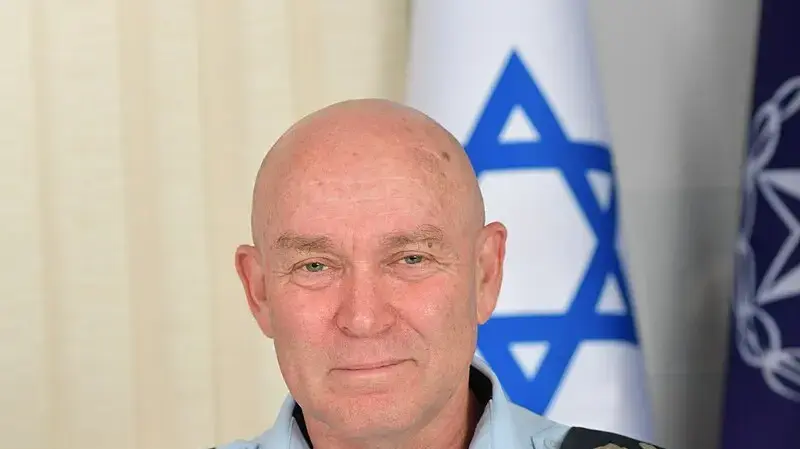
/cloudfront-eu-central-1.images.arcpublishing.com/prisa/3JYBYIKF4VE6HFBF74Q3XUM75Q.jpg)
